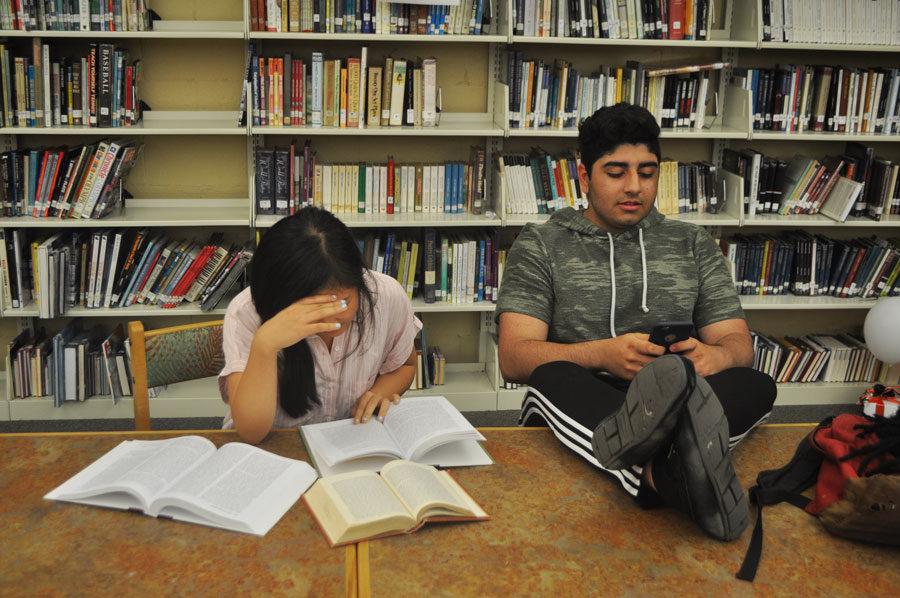STUDENT ATHLETES TO RECEIVE LOOSER GRADUATION REQUIREMENTS
More relaxed graduation requirements for athletes will be implemented at Seminole in the close future.
April 1, 2017
The following article was published as a part of The Seminole Newspaper’s 2017 April Fool’s issue! The information, quotations, and other content is completely fictitious and should not be considered a true representation of the school, the administration, or other governing entities.
Throughout high school history, students who choose to participate in varsity sports have had the unique struggle of having to balance their schoolwork with their extracurricular activities. These “student athletes” have openly complained about their situation, lamenting the difficulty they face each day.
“It’s so hard to do both,” senior and athlete Paul Finch explained. “Sure, school is hard for everyone, but having the extra responsibility of carrying the reputation of the school makes it so much worse.”
However, these days of struggle for athletes may be over. On April 1, the Seminole guidance department announced that students who are enrolled in a varsity sport now have fewer graduation requirements than other students. The new regulations would take effect in the upcoming 2017-2018 school year.
In the past, all Seminole High students needed 26 credits — a mix of 4 English, 4 math, 3 social studies, 4 science, 1 physical education, 1 fine arts, and 9 electives — in order to receive their diploma at the end of senior year. According to a memo from the guidance department, with this new plan, student athletes would need only 15 credits: 4 English, 4 math, 4 science, and 3 social studies.
“This change takes a lot of stress off of me and my teammates,” sophomore student athlete Jeremy Greene said. “Now I don’t have to focus so much on schoolwork, and I can devote more time to the grind.”
However, this change has also provoked some controversy. Students who do not play sports have claimed that the decision is unfair, since the graduation requirements for non-athletic students remain unchanged, while the required credits for student athletes has been nearly cut in half.
“It’s not fair to me and other people who don’t play sports,” junior Annalise Holland said. “We still have to work just as hard to graduate, while the athletes get to take a break in academics. All my dedication has been for nothing if I could have just joined track or something.”
The future repercussions of this controversial decision are still yet to come, but both sides already have strong opinions.





















